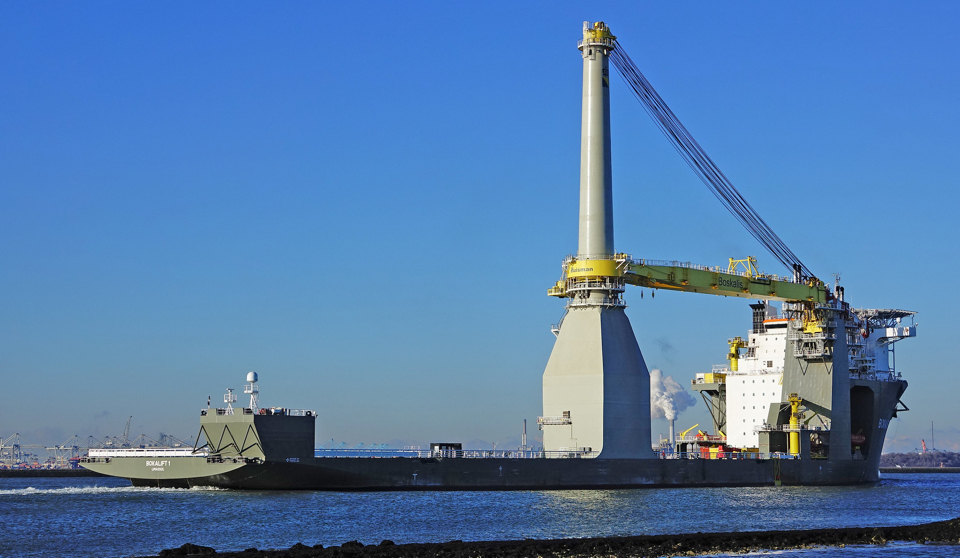Boskalis will convert six offshore vessels, including the BokaLift crane vessels, into hybrid ships through the retrofitting of energy storage systems, or “power packs”. The conversions are to reduce fuel consumption and associated carbon dioxide and nitrogen oxide emissions by an average of up to twenty percent.
The new energy storage systems also provide a power supply and energy storage facility while the vessels are docked and contribute to quieter and more efficient operations offshore. Boskalis says the conversion project entails a sizable capital investment.
Also read: Boskalis’ conversion project Bokalift 2 ready to receive crane
Crane, construction support and diving support vessels
The modifications, which will be completed over the next two years, will be carried out on the versatile crane vessels Bokalift 1 and Bokalift 2, two construction support vessels and two diving support vessels, all of which have dynamic position DP2 capabilities.
Boskalis already employs a range of technologies on board of its vessels, including special dashboards to enhance efficient fuel usage and the use of biofuels as an alternative to fossil fuels. Within Boskalis’ fleet of trailing suction hopper dredgers, these measures have contributed to a twenty percent reduction in the vessels’ carbon intensity since 2011.
Also read: Boskalis back in the black after substantial profit and revenue growth in 2021
Boskalis also eyes methanol
Boskalis is committed to reducing its emissions in the near term using currently available technologies and to becoming climate neutral across its global operations by 2050.
Reductions in emissions are, in part, dictated by the readiness and global availability of suitable alternatives to fossil fuels within the maritime industry. For this reason, as a member of a consortium, Boskalis is participating in a comprehensive, multi-year research programme to accelerate the use of methanol as an alternative fuel within the sector.
Picture by Kees Torn.








